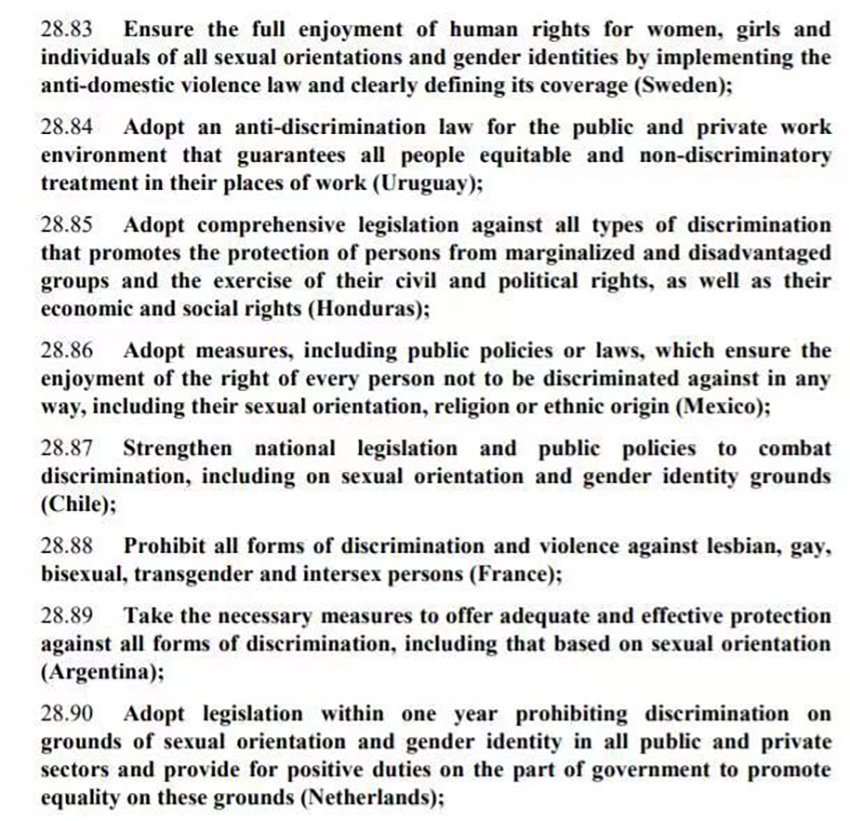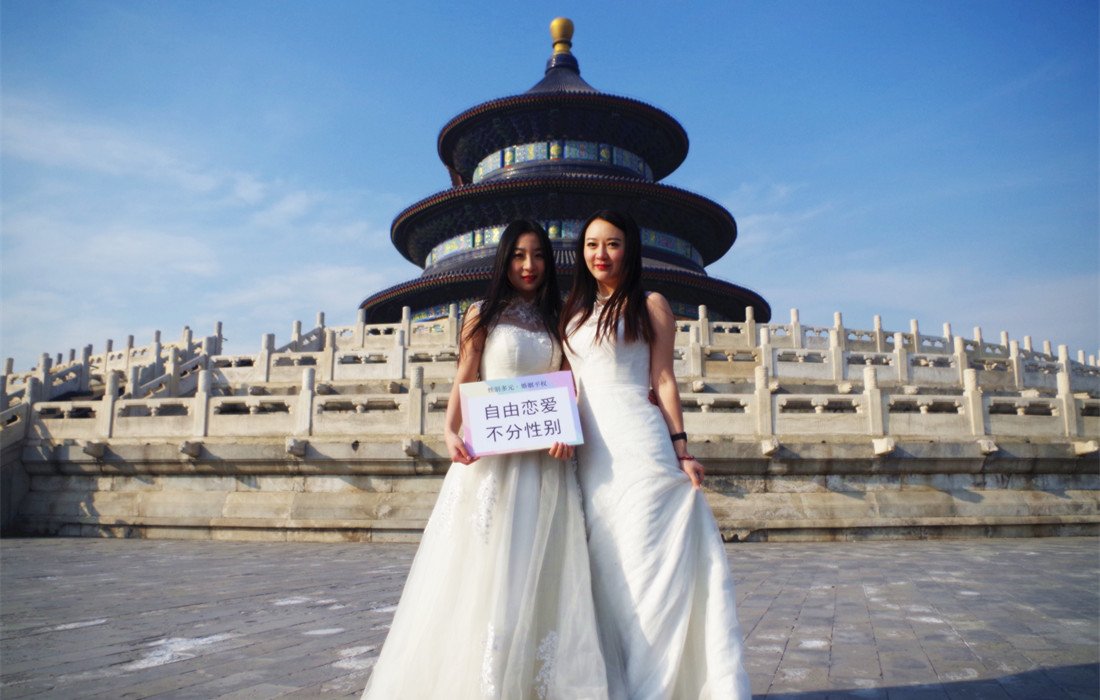Surprisingly China Accepts UN LGBT Rights Recommendations~~ Optimism on The Air
China’s frequently marginalized LGBT community is now cautiously optimistic after the government officially pledged to protect them. Chinese officials recently agreed to comply with five anti-discrimination recommendations from the United Nations, in what is being hailed as a “rare commitment to human rights” by the UK's Gay Star News. Not only were all five of the recommendations accepted, officials also said that they are already in effect, although they did not elaborate further on that point, much to the frustration of activists.
The UN's recommendations are as follows:

James Yang, an activist who helped lobby the government on behalf of the UN, says, "it's definitely a good sign that China has accepted these recommendations, meaning they’re not rejecting LGBT issues."
That point is echoed by other activists like Yanzi Peng, director of the LGBT Rights Advocacy Chinanonprofit. However, Peng says much of the queer community has some reservations about these developments.

A lesbian couple pose for a photo with the slogan “free love isn’t defined by gender” in front of the Temple of Heaven
"We welcome such a positive sentiment from the government when they say they have 'already accepted' these recommendations. However, it's not true that it's already implemented,'" Yanzi says, adding that he is also unimpressed with the lack of specifics in officials' claims about implementing the recommendations. He adds that China should go further and "introduce anti-discrimination laws explicitly against discriminations on the ground of sexual orientation and gender identity."

Beijing LGBT Center director Ying Xin (second from the left) during TBJ's LGBT round table in 2018
While Ying Xin, director of the Beijing LGBT Center, agrees with Yanzi's points, she can't deny that the significance of the government's acceptance of these recommendations. "On the one hand, it's good news for us, because their attitude is friendly. That's a big change," she says, referring to China only legalizing gay sex in 1997, and taking until 2001 for homosexuality to be removed from its official list of mental illnesses. "But on the other hand," she adds, "How will these recommendations be implemented and localized? There's no way for people to benefit from this yet."
Ying goes on to say that even if such milestones are reached, there is still plenty of work to be done from there. "More and more countries have achieved marriage equality, and others have better transgender rights like having gender reassignment surgery available or officially recognizing their new gender," she adds. "Right now it's impossible to achieve marriage equality in China. Having that would mean having real equality."
Regardless, Yang remains determined, saying, "I think we really need to work with China Civil Society and other organizations to try to push for changes, to hold the authorities accountable. This is a positive step, but there is still a lot to be done for sure."

Comments